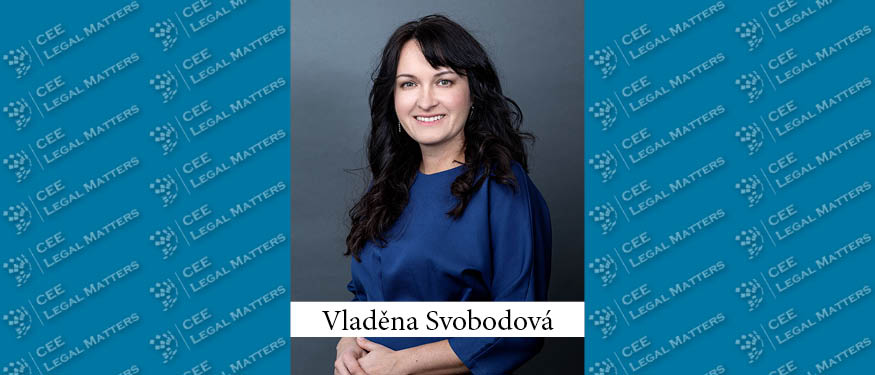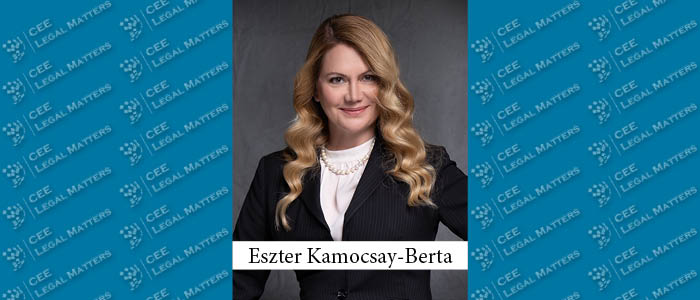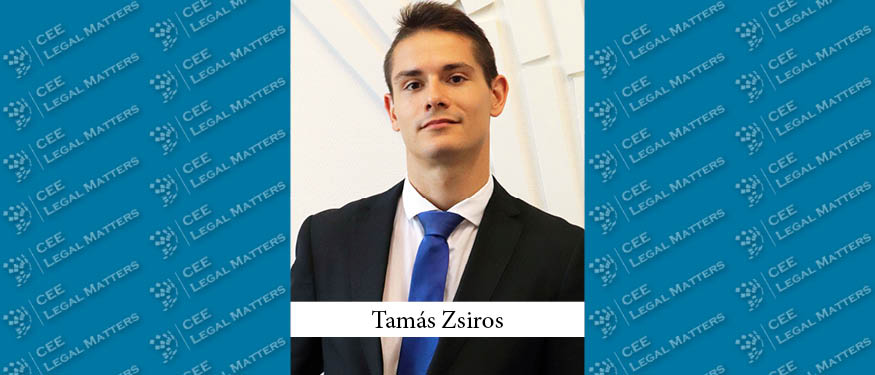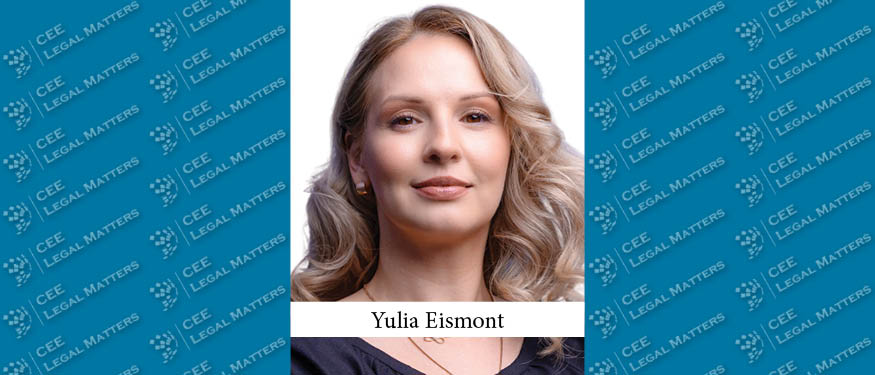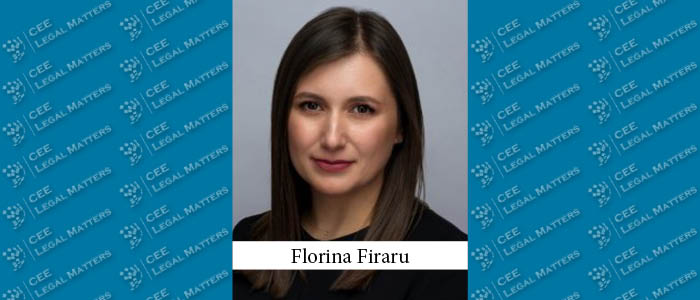The Czech Office for the Protection of Competition fined the Association of Disinfection, Disinsection and Pest Control Workers of the Czech Republic for publishing, since 2016, so-called median prices for the provision of disinfection, disinsection and pest control services on its website.
New Law on the Protection of Local Identity
On 11 June 2025 the Hungarian Parliament adopted the proposal on the protection of local identity, essentially drafted to safeguard the interests of local communities in Hungarian municipalities, which was also published in the Hungarian Gazette on 16 June 2025.
Ukraine: Recent Updates in Plant Variety Rights Registration — New Opportunities for Right Holders
The Ministry of Agrarian Policy and Food of Ukraine has introduced several important changes in the field of plant variety rights protection that will facilitate registration for right holders.
From Bronze Night to NIS2: How the Baltics Are Implementing the EU’s New Cybersecurity Regime
In April 2007, Estonia made global headlines — not for a military conflict or natural disaster, but for one of the first coordinated large-scale cyberattacks against a nation-state. Sparked by the relocation of a Soviet-era war memorial in Tallinn (known as the Bronze Night), the country’s digital infrastructure was flooded with denial-of-service attacks. Government websites, banks, media outlets, and essential services were knocked offline. It was a wake-up call: digital threats could now paralyze a country just as effectively as tanks and missiles.
New Design Rules in the EU: Greater Protection, But Also Clearer Limits
May 1, 2025, brought significant changes to design protection in the EU. Here are three key updates no designer should overlook:
The Hungarian ESG Act Will Be Amended Once Again
On 17 June 2025, the Hungarian Parliament adopted a bill on the establishment of the central budget for 2026, which would amend several laws, including the Hungarian ESG Act.
Ukraine Competition Law Update | Key Developments Q2 2025
The below reforms are designed to support Ukraine’s commitments under the EU-Ukraine Association Agreement and aim to improve legal clarity, transparency, and accountability for the use of state aid.
New Legal Framework for the Protection of Collective Consumer Interests
The Ministry of Economic Development has conducted a public consultation on the draft Law on Class Actions. The primary reason for adopting a special law which regulates matters related to the collective protection of consumers is, above all, the harmonization of Montenegrin legislation with EU law, specifically with Directive (EU) 2020/1828 on representative actions for the protection of the collective interests of consumers and repealing Directive 2009/22/EC. The goal is to prevent and sanction mass violations of consumer rights by traders in the market, while also ensuring fair compensation for harmed consumers. In this text, we briefly present the most important amendments and innovations introduced by the draft Law on Class Actions.
Spring Tax Package 2025
The Hungarian Government’s Spring Tax Package adopted on 11 June 2025 introduced significant changes to tax legislation, aligning with international standards and strengthening domestic revenue strategies. The 91-page draft bill proposes multiple structural reforms to Hungary’s tax system. Several provisions previously regulated by Government decrees, such as the retail surtax and insurance tax, will now be incorporated directly into law. Additionally, new regulations are introduced and existing ones revised.
New Serbian Decree on Palm Oil Labelling Step Forward to Aligning with EU Standards
The Government of the Republic of Serbia recently adopted a Decree on Additional Requirements for Placing on the Market Products Containing Palm Oil, Palm Fat, or Other Vegetable Oils and Fats ("Official Gazette of RS", No. 47/2025), which entered into force on 7 June 2025 (“the Decree”).
First Foreign Investment Ban in the Czech Republic
On 1 May 2025, it was four years since the Czech Act on the Screening of Foreign Investments came into force.
Amendments to Labor Relations Regulation During Martial Law: Key Points To Note
On 14 June 2025, amendments to the Law of Ukraine “On the Organisation of Labour Relations under Martial Law” came into effect. Please note that the provisions of this law apply during the period of martial law.
Hungarian Film Funding Rises to HUF 81 Billion in 2025
According to a government decree issued on 5 June 2025, the annual rebate amount to be deposited to the collection account for supporting Hungarian film productions increases from HUF 69 billion to HUF 81 billion in 2025. The rebate remains unchanged at 30%, however, an annual cap of HUF 407 billion for new registrations has also been introduced.
Structuring Bulgarian Law Guarantees for Foreign Credit Arrangements
Lenders under foreign law credit arrangements subjected to the competence of English or other non-EEA courts – whose judgments (as opposed to those from EEA courts) are not automatically recognised or enforced in Bulgaria – often seek separate guarantees, allowing them to directly sue Bulgarian guarantors (e.g. wealthy domestic subsidiaries of multinational borrowers) in Bulgaria and obtain local court injunctions. Using the typical Bulgarian law guarantee arrangements subjected to the competence of Bulgarian courts in such cases is problematic.
NBS Adopts New MREL Rules
The National Bank of Serbia (“NBS”) adopted the new Decision on the Minimum Requirement for Capital and Eligible Liabilities of a Bank (“New MREL Decision”), as part of a package of new or amended bylaws following the latest amendments to the Law on Banks. The New MREL Decision shall replace the existing decision of the same name (“Existing MREL Decision”) and shall apply starting from 1 October 2025.
Extension of Time Limits for Giving Notice and Immediate Termination by an Employer
The so-called “flexinovela” amendment of the Labour Code (CZ) effective from 1 June 2025 brings a number of fundamental changes, especially in terminating employment. For employers intending to issue a notice to an employee for breach of duty or to terminate employment immediately, the statutory time limits for doing so have been extended. This amendment addresses the practical needs of employers who have previously struggled to thoroughly investigate cases within the existing time frames. In this post, we will take a closer look at these revised time limits for issuing notices and immediate terminations. Generally speaking - what kind of time limits do we have and why are they important
Moral Rights: A Romanian Copyright Law Perspective
In a globally connected creative landscape, where authors collaborate across borders and works circulate digitally with unprecedented speed, the protection of moral rights (personality rights of the author) becomes increasingly relevant. Today’s digital environment enables the rapid creation, distribution, and transformation of literary, musical, visual, and audiovisual works. As companies increasingly rely on creative content, it becomes essential to address moral rights - especially the rights of authorship and integrity - in agreements.
New Energy Law in North Macedonia
On May 21, 2025, the new Energy Law was published in the Official Gazette of the Republic of North Macedonia, adopted by the North Macedonia Assembly on May 14. This systemic and reform-oriented law marks a pivotal step in the transformation of the national energy sector, aligning it with European standards, sustainable development goals, and consumer protection principles.

